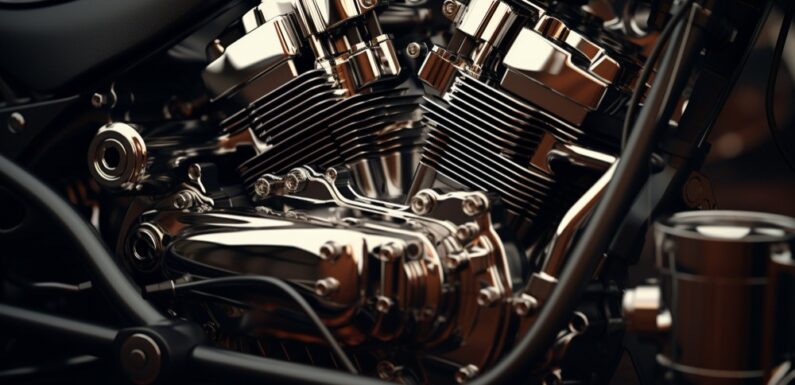
As diesel engines become increasingly complex, becoming ever more stringent emission regulations, needing Diesel Exhaust Fluid (DEF) becomes inevitable. DEF performs a key function in reducing harmful nitrogen oxide emissions via Selective Catalytic Reduction.
Better Stored DEF exposes it to nefarious conditions under which it is poisoned by contaminants and loses its functionality. Such circumstances give rise to the justification of having a DEF stabilizer, which proves invaluable under such circumstances.
A def stabilizer is such an add-on by which the quality and efficiency of the Diesel Exhaust Fluid benefits over some time. It would thus ensure optimal engine performance, reduced maintenance costs, and greater eco-friendliness for fleet operators, farmers, and builders who rely on diesel vehicles and machinery.
What exactly is a DEF Stabilizer?
A DEF stabilizer is an additive used to assist in maintaining the chemical integrity of DEF by helping to
- Prevent breakdown of urea (the main component in DEF);
- Within the DEF system Inhibit crystal and deposition formation;
- Reduce chances for microbial or impurity contamination; and
- Increase DEF shelf life at high temperatures.
32.5{dc5234a1a3f5027837a5c8024998b0416d18b9bda2635beaea32fd724b88b504} DEF is a specifically precise mixture of De-I water and ultra-high-purity urea, consequently, this formula is used for Nitrogen Oxide reduction. Def comes easily into contact with heat, sunlight, or air, all of which work to degrade the fluid and cause its performance to deteriorate. The DEF stabilizer counteracts these problems.
Why Is It Important?
Several issues arise from the storage of contaminated or left-over DEF
- Blockage of injectors and malfunctions of SCR systems
- Reduction of fuel efficiency
- Increase in emissions that could lead to possible MOT failures
- Blaring engine lights with derated performance
- Costly repairs or downtime.
DEF stabilizers help keep vehicles operating optimally throughout the year for harsh or varied environmental conditions such as farming equipment, lorries, or buses.
Key Benefits of Using a DEF Stabiliser
· Includes longer shelf life
Keeps DEF stable in storage and higher ambient conditions.
· Protects the system
Reduces the chance of injector blocking or sensor failure.
· Reliability
Ensures uninterrupted DEF performance for reducing emissions.
· Saves costs
Prevents expensive repairs that might be incurred due to degraded or contaminated DEF.
· Peace of Mind
Offers security for the operator when storing a large volume of DEF or using seasonal equipment.
How to Use a DEF Stabiliser
Typically, DEF stabilizers are found in the form of a liquid additive. The stabilizer is added directly to the DEF storage tanks or reservoirs, following the manufacturer’s dosing instructions. Only use stabilizers that are specially designed for DEF.
Conclusion
With the emissions regulations being what they are today and diesel technology perfected, the maintenance of DEF quality is no longer an option; it is a must. A DEF stabilizer is a pragmatic and economical means of preserving the condition of your apparatus while satisfying environmental norms and guaranteeing longevity.
For operators who consider efficiency and dependability, embracing a DEF stabilizer in the maintenance program is a wise investment that pays off in further performance and peace of mind.

